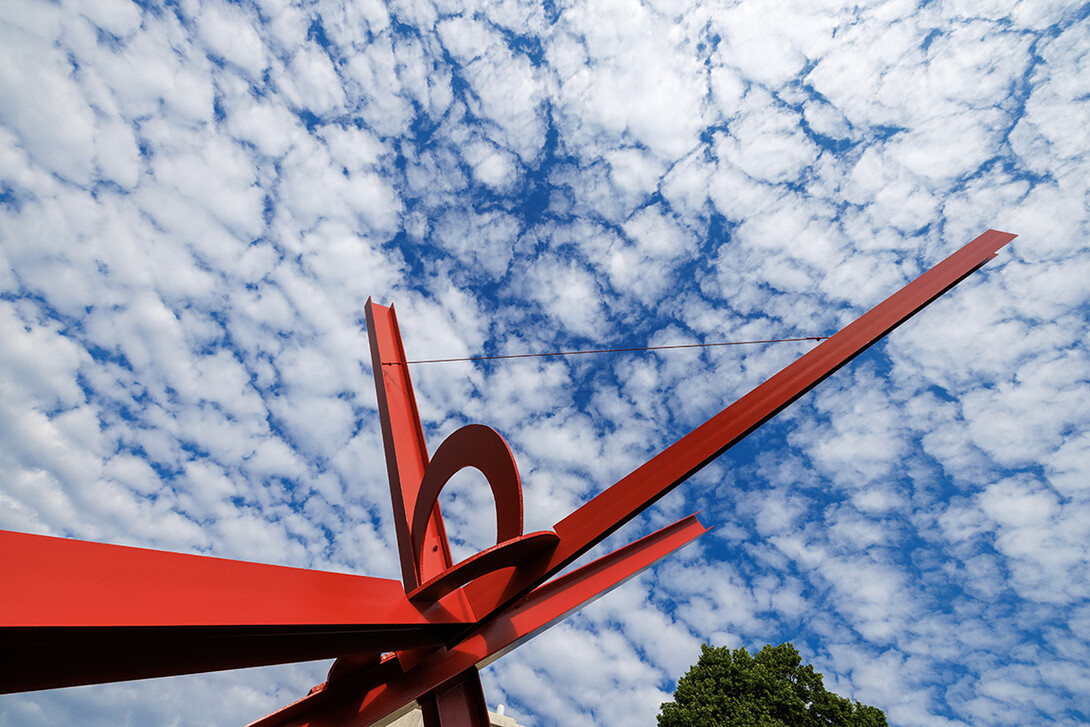
The University of Nebraska–Lincoln has taken a significant step toward meeting its aim of broadening the University’s engagement in community, industry, and global partnerships as part of the N2025 strategic plan, a five-year plan launched in 2020.
Earlier this year, university officials submitted the application for the Carnegie Foundation classification for community engagement. The Carnegie designation “recognizes collaboration between institutions of higher education and their larger communities (local, state, national, global) for the mutually beneficial creation and exchange of knowledge and resources in a context of partnership and reciprocity,” according to the Carnegie Foundation website.
A team of faculty, staff and students led by Kathleen Lodl, associate dean of Nebraska Extension, spent 14 months working on the application. They expect to learn the outcome of the application in early 2024. In the process, the team worked to understand what engagement efforts were already under way in communities across the state.
For example, faculty and students from the College of Law collaborate with other community service providers to provide free legal representation to tenant families facing immediate eviction from their homes and to navigate them to other community and social services resources to avoid eviction and homelessness.
In collaboration with city leadership, students in the Community and Regional Planning Studio Course helped develop a citywide economic development plan to facilitate downtown and city economic growth to communities throughout Nebraska. The project entailed extensive fieldwork by students, including physical conditions documentation and analyses, one-on-one interviews with residents, and data analysis, all leading to identifying issues and developing preliminary recommendations for city economic development.
Over the past 10 years, faculty and staff in the Minority and Health Disparity Initiative have worked to promote and build a community of engaged health equity researchers and have remained very dedicated to community impact in Nebraska. Across Nebraska and the United States, vaccine rates among non-whites, including Latinx, were significantly lower than other racial or ethnic groups. MHDI and El Centro collaborated on a state-funded project to better understand barriers to vaccines among Latinx residents; data collected allowed El Centro to create accessible vaccine clinics at churches and other organizations that were familiar places among El Centro’s clients and increase vaccination rates.
As part of this work, Nebraska Extension introduced the Amplify Engagement Conference in 2022 to begin making community engagement a more systemic approach. This continued in 2023 and it is anticipated that this annual event will help share data while inspiring more community engagement projects.
“Seeking the Carnegie designation provided an opportunity to understand many of the engagement efforts already taking place, as well as the gaps and opportunities for increased communication and collaboration both within the university and with partners,” Lodl said. “We are using the application process as a catalyst for further engagement at a deeper level statewide by all entities across campus.”
The application process also led to the creation of the Campus Engagement Collaborative, which is made up of leaders throughout UNL. Members of the collaborative will serve as thought partners, work directly with units on increasing their work with communities, and collect data on efforts toward the overall engagement aim.
Now, Lodl and the Engagement Collaborative are working with each college to learn about the community engagement efforts taking place and to identify barriers, resource needs, and next steps. These conversations are beginning now and will continue throughout 2024.
From these conversations, campus faculty will have the opportunity to work jointly with communities that have similar interests and needs. This work is slated to begin this fall and expand throughout the coming year. Best ideas will be selected for expansion and as models for replication.
For more information, contact Kathleen Lodl at klodl@unl.edu.







